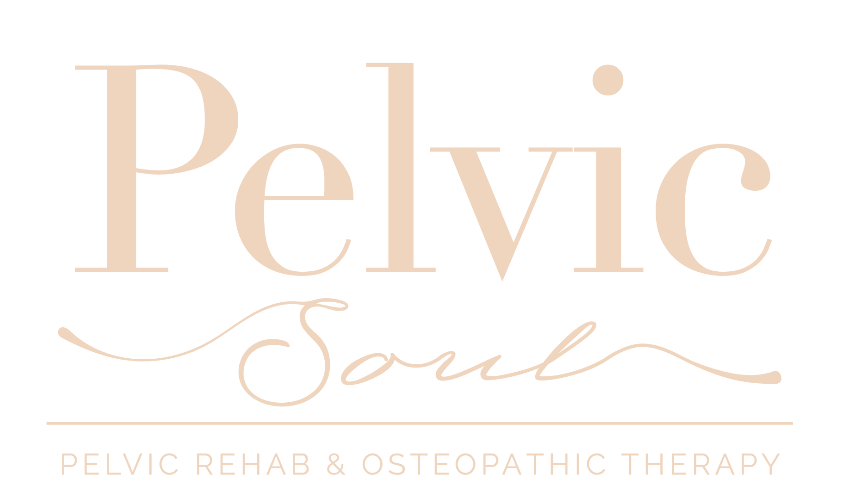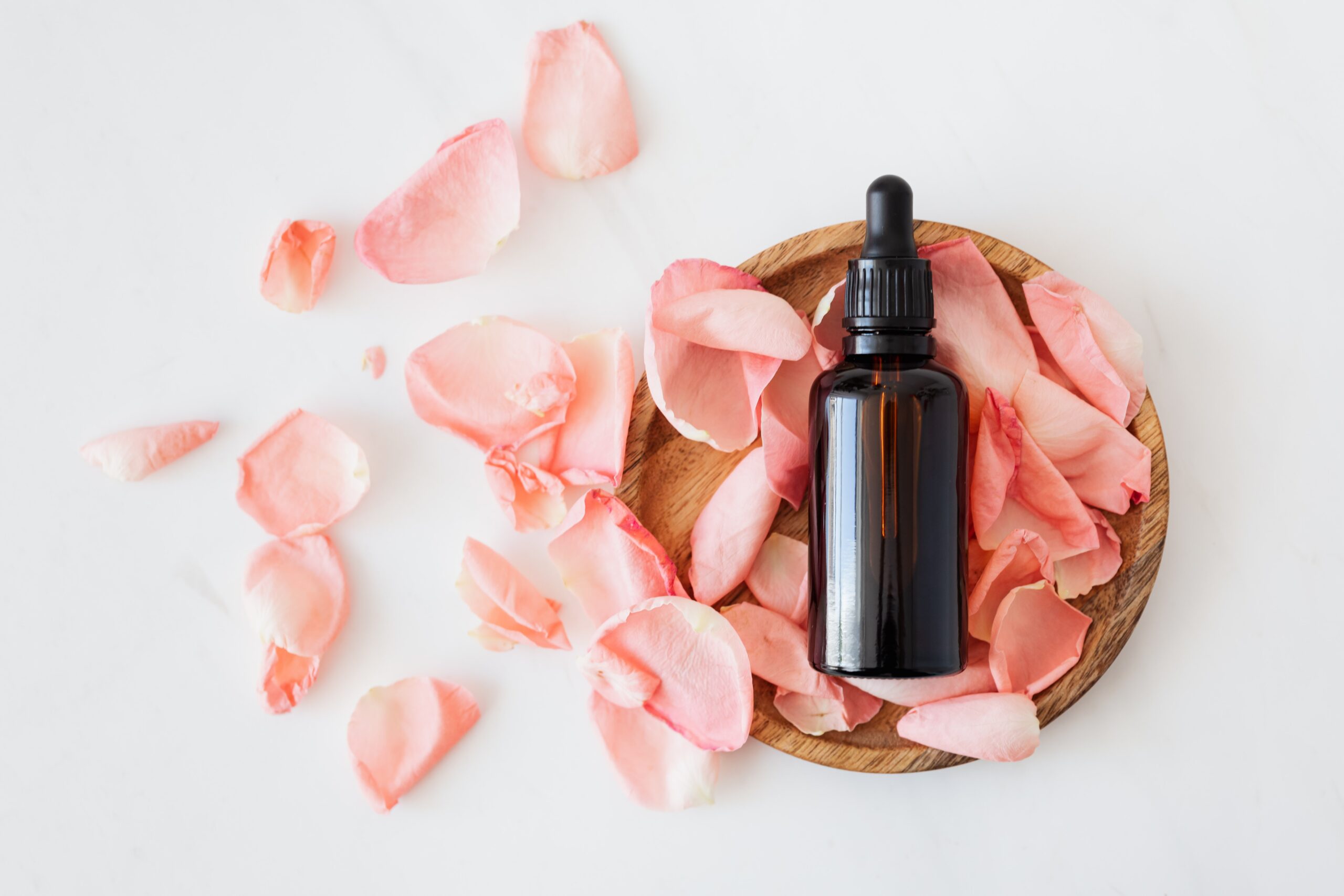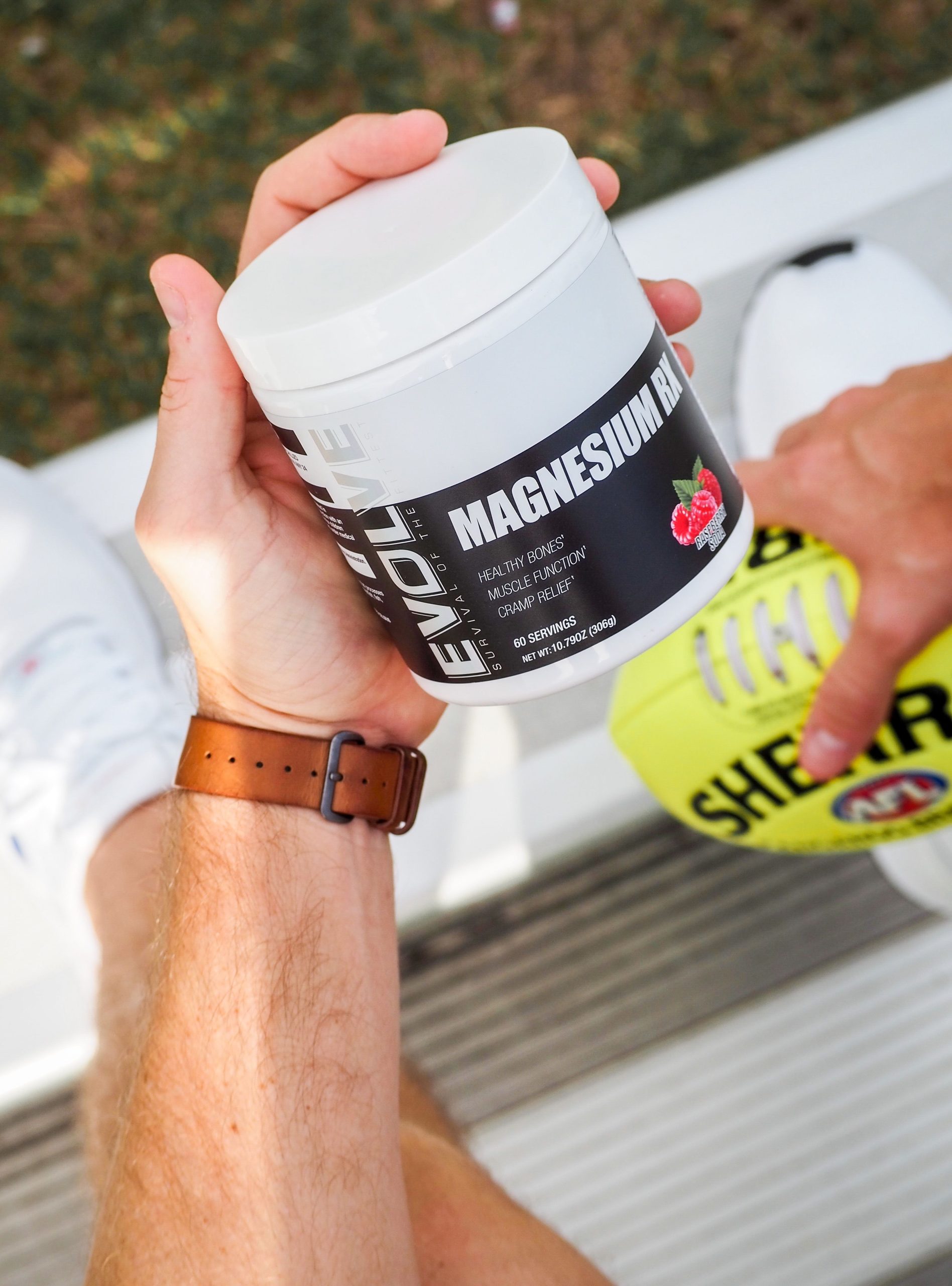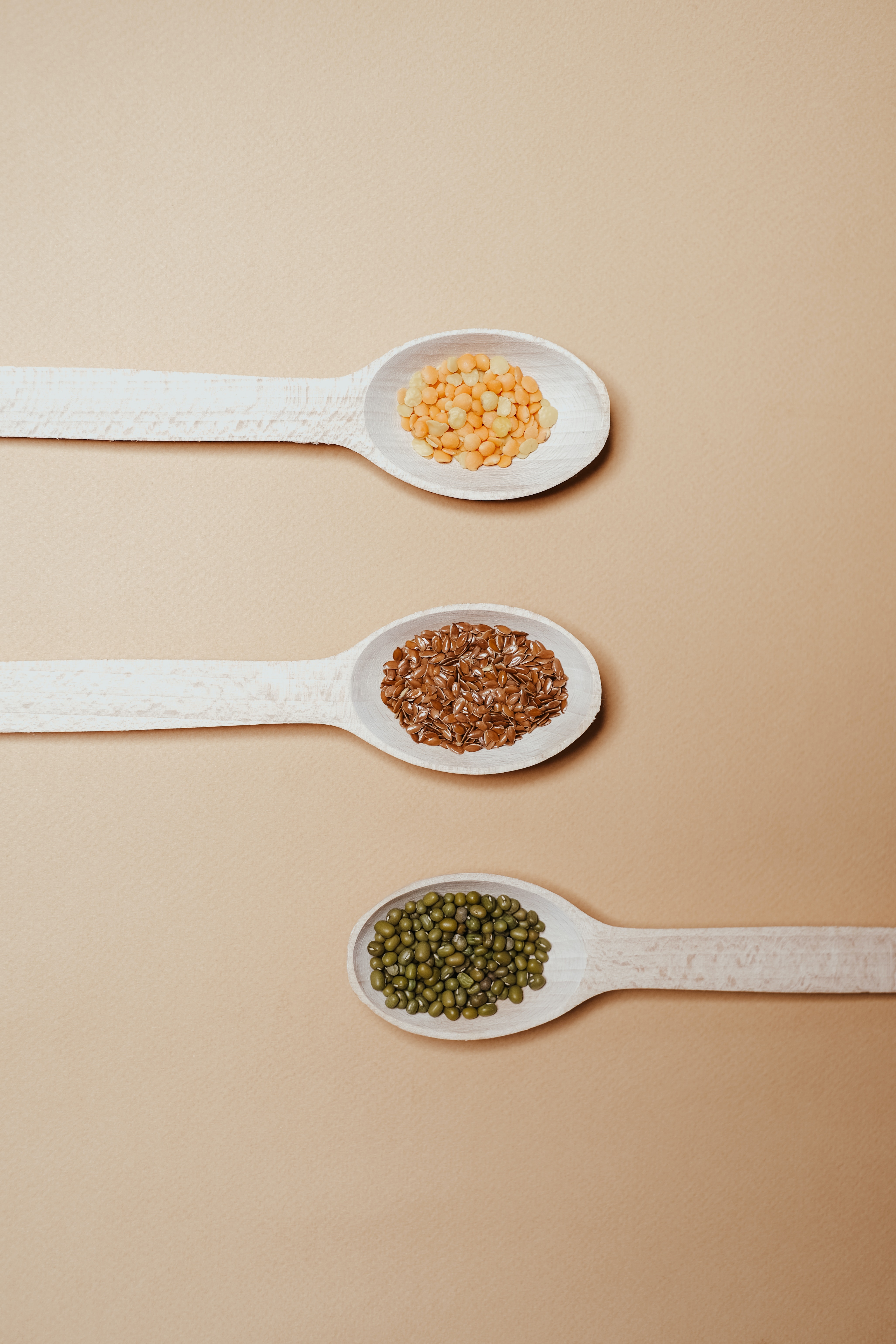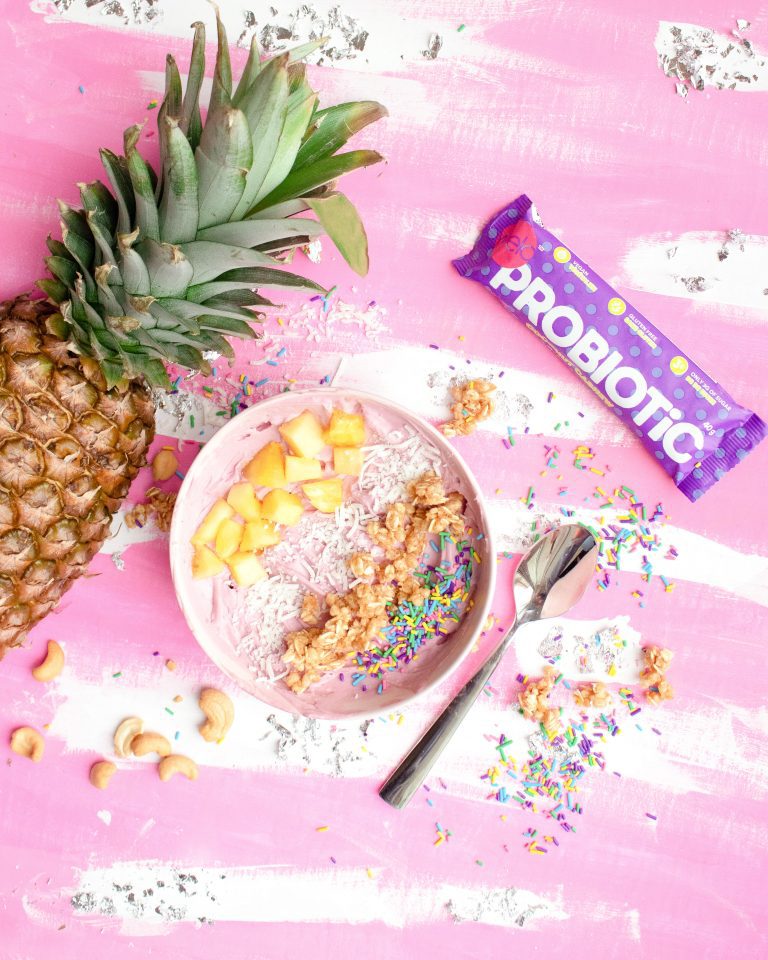
With the increasing popularity of social media, we are now receiving more health & wellness information than ever. While this can be very helpful by informing us about various options for maximizing our health & wellness, it can also get confusing. Information we find online can be often be conflicting, or may not be based in scientific evidence, which can make it hard to apply to our lives.
So we have done the hard work for you by referencing credible medical sources and research papers to bring you the latest information on adding probiotics & prebiotics to your diet.
Here’s the short version – Probiotics are living microorganisms (mostly bacteria) that help to support your digestive system. Prebiotics are the food (soluble & insoluble fiber, and dietary sugars) that your gut bacteria need to function.
Read on to better understand Pre & Probiotics better, and to learn ways to add them to your diet consistently for better gut and overall health.
What do bacteria have to do with our Gut?
The human gut is meant to have a thriving colony of trillions of “good” or beneficial microorganisms, about 90% of which are bacteria. Most of these good bacteria live in our large intestine, followed by the small intestine and stomach. Besides the very important job of breaking down the food we eat, good gut bacteria help in absorption of vitamins, keeping our immune system resilient, and avoiding a “leaky gut” lining.
These good bacteria need a healthy diet rich in fiber and food-based sugars to thrive. If our diet contains a lot of processed foods, or foods raised with anti-biotics & added hormones, the good bacteria in our gut have a hard time surviving and performing their jobs. As a result of the good bacteria not receiving adequate nourishment through our diets, we can develop constipation, bloating, excessive flatulence, or IBS symptoms.
Poor gut bacterial growth has also been linked to poor mental health, poor immune function, and poor cardiovascular health. As a result, medical experts agree that maintaining a healthy colony of bacteria in the gut can improve overall health, well beyond the gastrointestinal tract.
Why do we need Probiotics?
The unfortunate truth is that most Americans and people in the developed world eat a diet that is lacking in the food-based sugars and fiber that good gut bacteria need to survive. Consequently, to avoid poor health outcomes, it is recommended for most people in industrialized societies to supplement their diet with probiotic-rich foods or probiotic supplements.
Foods that contain probiotics are “living” foods, such as foods that have undergone fermentation (ex – yogurt), or foods that naturally contain healthy microorganisms (ex – farm-to-table organic produce that doesn’t undergo commercial washing and other processing). Some probiotic rich foods are :
– Yogurt
– Kefir
– Sauerkraut
– Some aged cheeses ( ex. gouda, mozzarella, cheddar, and cottage cheese )
– Kimchi and other salted pickles (Pickles preserved in vinegar do not contain probiotics)
– Miso
– Tofu
It is important to note that foods such as sourdough bread, dosa, idli, addai, dhokla, sticky rice buns, etc. which begin with fermentation are not a good source of probiotics as the good bacteria are killed off in the cooking or baking process. However, these foods may be easier for you to digest as the bacteria have started breaking down some of the larger molecules in the food during the fermentation process.
It is likely sufficient to add a fermented food or drink to your diet daily. However, most of us are unable to do this, which is why adding a probiotic supplement is often necessary.
Do we really need Prebiotics?
With enough dietary fiber and natural food-based sugars, our gut bacteria will thrive without prebiotics. However, if we are not meeting our recommended daily intake of fiber of 25-30 grams of diet-based fiber, a prebiotic supplement may be helpful.
To make the process of probiotic supplementation easier, many supplement manufacturers are combining pre & probiotics in their products. Prebiotic supplements typically include a combination of plant-based fiber packaged in a pill or powder form for convenience. For those committed to a low-toxic load lifestyle, it may be better to use fruits, vegetables & whole grains to add prebiotic fiber, as commercial prebiotic supplements have undergone a lot of processing to condense high amounts of dietary fiber into packageable form.
How to choose the best option for your lifestyle?
Organic fruits & vegetables raised without pesticides & other chemicals are your best bet to get both pre & probiotics naturally. Growing your own vegetables or shopping at a farmer’s market is usually the best way to source these foods. If that is not consistently possible for you & your family, adding in a one serving of fresh fruit or uncooked vegetable, and a fermented food to your daily diet is the second best option.
If the above options are not feasible, you may want to consider supplementing with a daily probiotic supplement and adding a prebiotic supplement on days you’re not consuming enough natural dietary fiber.
Probiotic supplements can be of various types based on the strain of microbe they contain. The seven core types of microbes used in probiotic products are Lactobacillus, Bifidobacterium, Saccharomyces, Streptococcus, Enterococcus, Escherichia, and Bacillus. The below table shows examples of several commercial strains of probiotic organisms.
Based on your age, gastrointestinal symptoms, and any other medical hisotry, specific strains may be more beneficial to you than others. Please check with your medical care provider or dietitian to determine the best supplement for your needs.
In our next article, we will explore the types of dietary fiber and how to pick the type of natural fiber & fiber supplement that your body needs. We hope this gets you off on to eating a diet that is healthier for your gut. Let us know about your favorite pre and probiotics in the comments below!
References
- https://www.science.org.au/curious/people-medicine/gut-bacteria
- https://www.ncbi.nlm.nih.gov/pmc/articles/PMC3539293/
- https://www.sciencedirect.com/science/article/abs/pii/S1556370717300160
- https://www.ucsfhealth.org/education/increasing-fiber-intake
- https://www.ncbi.nlm.nih.gov/pmc/articles/PMC7146107/
- https://www.worldgastroenterology.org/UserFiles/file/guidelines/probiotics-and-prebiotics-english-2017.pdf
